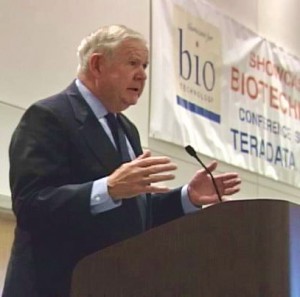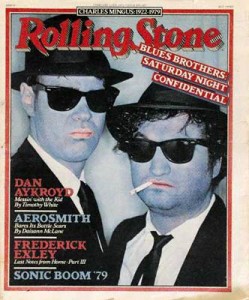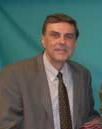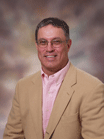In the 1970’s, my career was wrapped completely around teaching, not just teaching, but teaching and playing music. It was during that decade that my trumpet playing reached its peak, and between the numerous big bands in the area, I could play at least two weekend and one weekday nights every week. The music was good, the musicians were friends, and the audiences were appreciative.
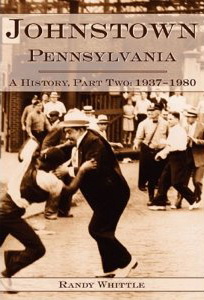 The Lemon Drop, Casa Romani, Mynderbinders, Bimbo’s, the Holiday Inn, the Ramada Inn, and a dozen other clubs with mostly ethnic or fraternal names were the sites of many a part-time playing job. Be it the Johnstown Jazz Workshop, the Barnum and Bailey Circus, the Ice Capades, or Disney on Ice, my playing salary for the year often rivaled my teaching salary; neither of which came to more than $500 a month.
The Lemon Drop, Casa Romani, Mynderbinders, Bimbo’s, the Holiday Inn, the Ramada Inn, and a dozen other clubs with mostly ethnic or fraternal names were the sites of many a part-time playing job. Be it the Johnstown Jazz Workshop, the Barnum and Bailey Circus, the Ice Capades, or Disney on Ice, my playing salary for the year often rivaled my teaching salary; neither of which came to more than $500 a month.
Along with those playing “gigs” there was one other primary, part -time employment opportunity and that was teaching private trumpet lessons. It was my choice to teach at the Johnstown College of Music which was owned by Peg and Bob Hornick. My schedule there was always packed full from 5:30 PM until 9:00 PM Tuesdays, Thursdays, and Saturday mornings. There were kids of all ages from all school districts, and in the 1970’s those kids helped me pay the mortgage. Even though I was usually pretty tired by 9:00 PM and often dreamed of learning to sleep with my eyes open, I never did.
One of my smallest students was Steve. He was a little toe-headed, 7th grader from Forest Hills when he came to me, and he loved music. He loved the fact that he was learning to play the trumpet from a professional and each week he got a little better. Steve understood what it meant to work for something that he loved, and he didn’t mind getting an occasional tongue lashing if he hadn’t focused enough on his practicing that week.
Well, one night in 1976, I rushed through dinner, grabbed my jacket, and started for the door when my son, then three years old, stopped me and said, “Daddy, where are you going?” I explained that I had to go to work. He very slowly replied, “Daddy, you just came home from work.” I signed and said, “I know, buddy, but I have to make some extra money.” He looked at me quizzically and said, “What for, Daddy?” To which I countered, “To buy you shoes.” At that point he looked up at me and said in a very stern voice, “Daddy, I have shoes; please don’t leave me.”
It broke my heart to leave that night, but I did because I knew that I had an obligation, and when my first student walked in the door, I took a deep breath and thought to myself, “Steve, I’m here for you tonight, “ but those words were never spoken.
Ironically, there was an obituary in the newspaper last week, and it was an obituary for a 47 year old man who also left behind a son. The age and the picture drew me further into the printed word where I read a name that seemed strangely familiar to me, Stephen Yanzetich. It was Steve, my Steve, little 7th grade, toe-headed Steve who shared me that night.
Unbelievably, after 34 or so years, in his parting recognition, the author acknowledged that I had taught Steve trumpet, and as I sat back and read my own name in that obituary, I realized, once again, that it had been worth it, that 34 years later my time with Steve had been important to both of us. That simple acknowledgement said to me, “Thank you, Mr. Jacobs, for caring enough about me to teach me all of those nights.” To which I can candidly reply,”Thank you, Steve, for being such a good kid, and may God bless you.”


